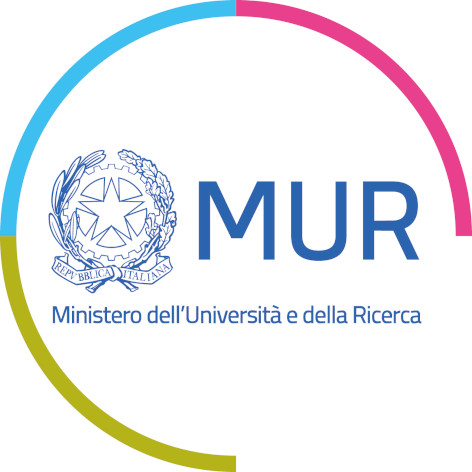Acronym: TomResAMed
IPSP Project Leader: Vincenzo Montesano
National Project (PRIN PNRR)
Start: November 2023
End: November 2025
 Abstract: Soil salinity is one of the major abiotic factors threatening food security worldwide by limiting the land use and significantly reducing crop yields. The sustainable management of salt-affected areas demands integrated strategies including the exploitation of salt-tolerant crops and breeding of new cultivars.
Abstract: Soil salinity is one of the major abiotic factors threatening food security worldwide by limiting the land use and significantly reducing crop yields. The sustainable management of salt-affected areas demands integrated strategies including the exploitation of salt-tolerant crops and breeding of new cultivars.
Tomato is a worldwide cultivated food crop and its global yield has increased over the past decade. Its fruit contain many health-promoting compounds that have been involved in the prevention of several chronic diseases and dysfunctions. In addition to its economic and nutritional importance, tomato is an important model plant for scientific research on fruit development and quality. Since its first release in 2012, the tomato genome sequence has been widely used as a reference genome for scientific research and biotechnology assisted breeding approaches.
Glutathione S-transferase (GST) genes are among candidate loci for the identification of useful genetic diversity and superior alleles and haplotypes for breeding new stress tolerant tomato genotypes more adapted to the sustainable intensification of challenging agro-systems.
The main goal of TomResAMed is the identification of genetic diversity in tomato gst loci associated to salt tolerance and its implementation in knowledge-informed breeding strategies. The proposed approach integrates the implementation of a non-redundant reference Solanum lycopersicum var. cerasiforme core collection, the development of a saturating catalogue of glutathione S-trnasferase (gst) alleles (pan-GSTome) by target sequence enrichment and long-read third generation sequencing (TGS) technology, and an association study linking structural variants and haplotypes with salt tolerance and agronomic traits. In addition, the eco-physiological plant response to stress will be assessed in selected most contrasting phenotypes and CRISPR/Cas9 edited mutants for individual gst lociby a High-Throughput Plant Phenotyping platform. A comparative transcriptomic approach by NGS technology will investigate regulative mechanisms controlling the plant response to salt.
The tomato core collection and the related pan-GSTome that the proposal aims to provide will be a candidate experimental device for further association of additional biotic and abiotic stress-related traits to be shared among the national and international scientific community. Also, results are expected to impact on plant breeding applications for tolerance to stresses. The development of arrays of molecular markers capturing genetic diversity in the gst regions associated to salt tolerance will boost the implementation of innovative biotechnology-assisted precision breeding approaches for the development of new knowledge-based genotypes for more sustainable and resilient crop systems.
Keywords: Tomato breeding; Salinity tolerance; Third generation sequencing technologies; High throughput plant phenotyping – HTPP; Resilient agro-ecosystems; climate change impact.
Principal Investigator: Luigi Tedone (UniBa)
Partnership: CNR IPSP – URT c/o “Campus di Metaponto – ALSIA di Basilicata”, Università degli Studi di Bari “Aldo Moro” – Dipartimento di Scienze Agro-Ambientali e Territoriali (DISAAT), Università degli Studi di Napoli “Federico II” – Dipartimento di Agraria
Founded by: MUR PRIN 2022 PNRR, project code no. P2022LP2YW
Total Funding: € 237.300,00
IPSP Funding: € 47.470,00

